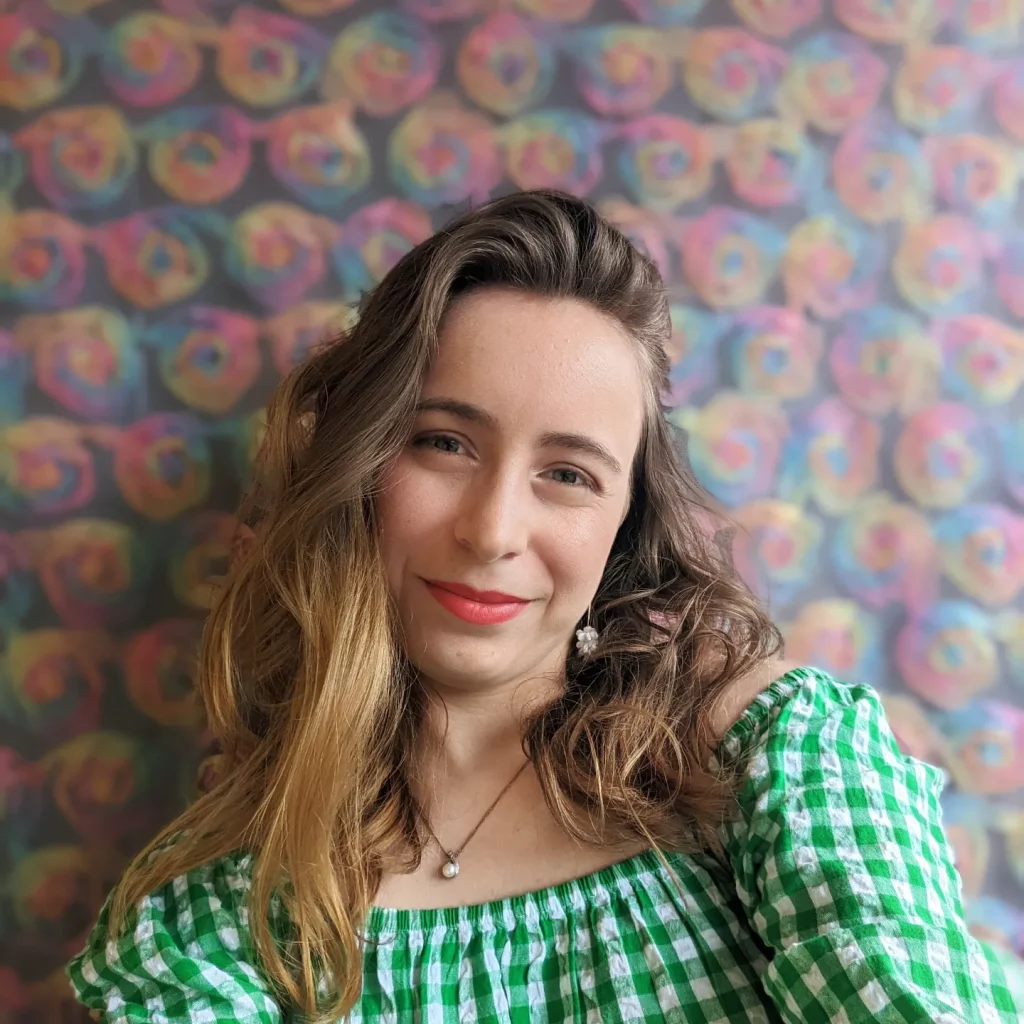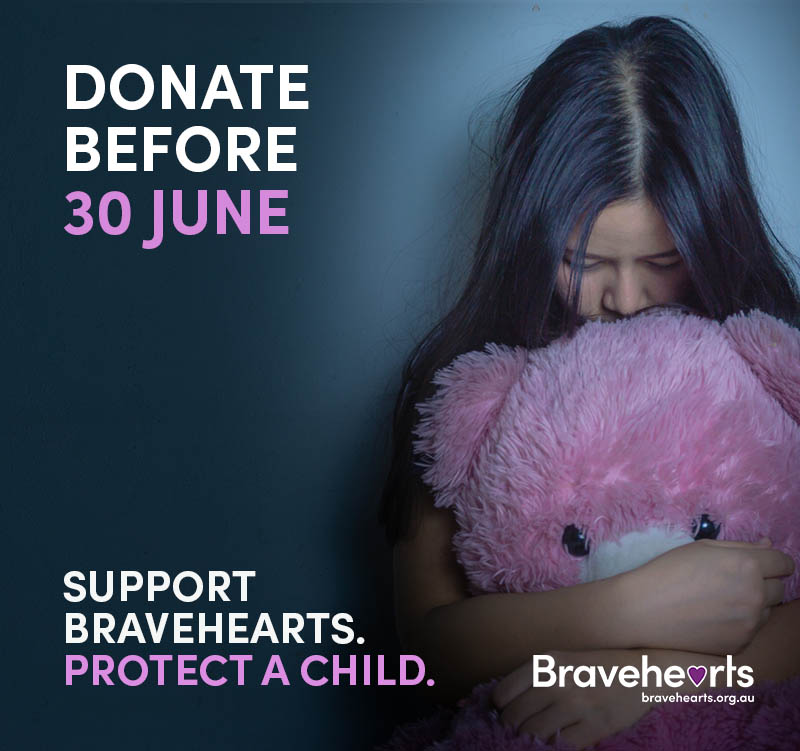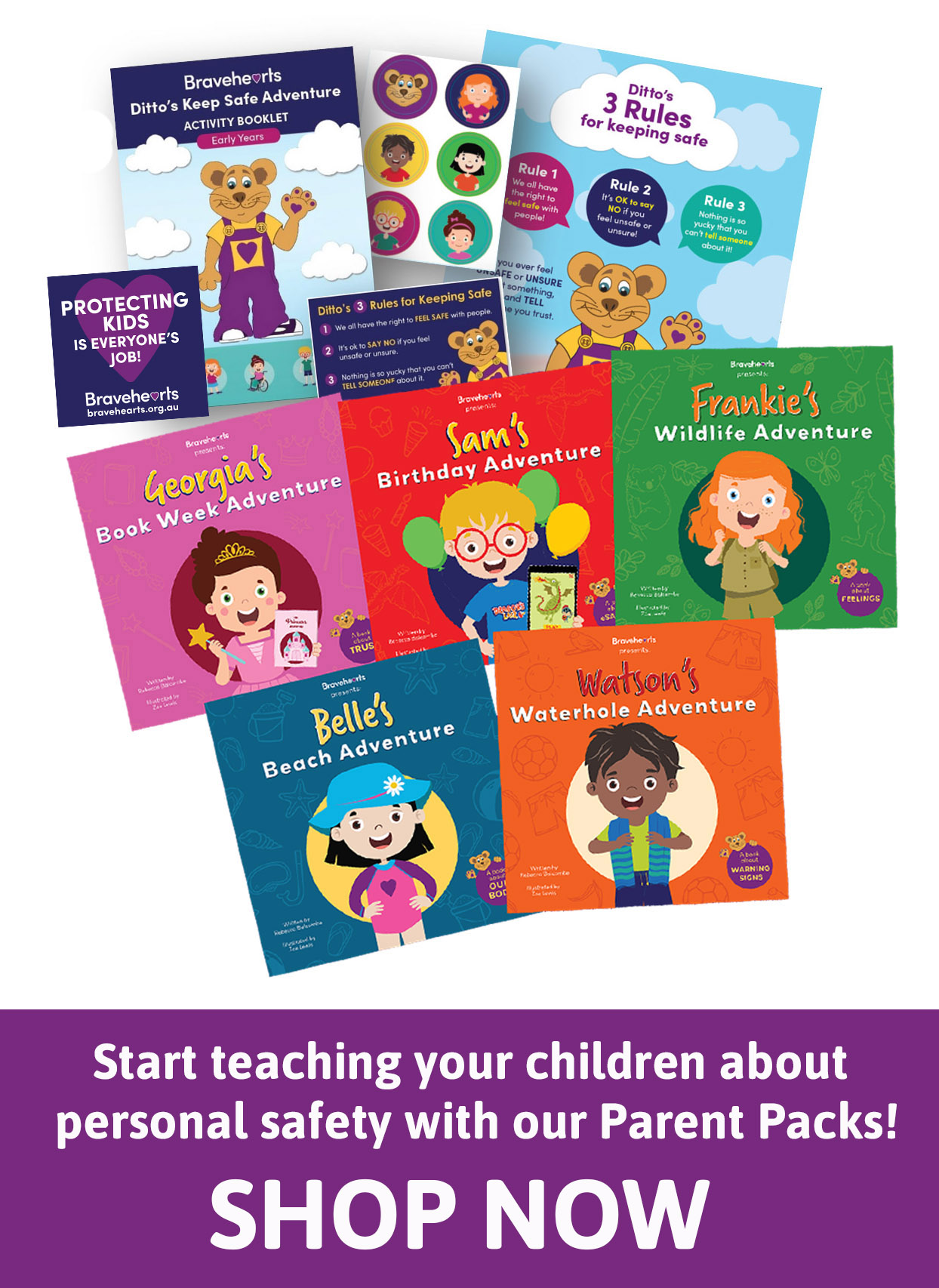Category
Helpful Links
- Home > Latest News > Sexual Violence is Not Inevitable: Why Sexual Violence Awareness Month Matters
Sexual Violence is Not Inevitable: Why Sexual Violence Awareness Month Matters
By Zoe Keath, Member of Bravehearts Youth Advisory Council
October is Sexual Violence Awareness Month in Queensland, which aims to raise community awareness about sexual violence, promote the support options available to people affected by sexual violence, and continue to uphold the message that sexual violence will not be tolerated.
2022’s theme is inspired by the ‘Start by Believing’ global campaign and aims to transform how we respond to people who are victim-survivors of sexual violence.
What is Sexual Violence?
The term Sexual Violence is a broad term that encompasses a range of sexual crimes such as indecent assault, sexual assault, rape, child sexual abuse, intimate partner sexual abuse, incest, sexual harassment, and sexual coercion as well as numerous other acts. On a fundamental level, it is easy to agree that we, as a society, do not tolerate any form of sexual violence. However, if that is the case, why do we need a Sexual Violence Awareness Month? Why are there so many campaigns advocating for victim-survivors of sexual violence? Why is there still so much effort put into preventing sexual violence? It is, arguably, because even though we like to believe that the community and systems will be there to prevent sexual violence and support victim-survivors of sexual violence, it is far from reality for victim-survivors.
Victim Blaming and Shaming
Australia, as well as many other societies, is permeated by a culture that seems intent on placing blame on victim-survivors of sexual violence. Many victim-survivors of sexual violence who bravely come forward with their experiences are forced to contend with accusations that “they were asking for it with how they were dressed”, “they shouldn’t have let themselves get that drunk” or “they led their preparator on so what did they expect.” Their lived experiences are challenged, disbelieved and minimised – told their perpetrator would never do something like that, they are blowing the situation out of proportion, or they just want to get back at them.
Victims who are deemed unconventional victims (such as men) are often told their experiences cannot be true. Many victim-survivors of child sexual abuse who disclose later in life are told they took too long to come forward and their motivations for coming forward are challenged. From disclosure, victims-survivors of sexual violence are forced to jump through hurdles to prove their own experiences whilst contending with severe trauma and psychological impacts.
These responses are normalised because of a culture where sexual violence is normalised. For many women, especially those from marginalised groups, sexual harassment is treated as essentially an occupational hazard of being a woman. It is expected that we won’t react when we are catcalled on the streets. If we make a fuss about being groped or touched without our consent, we are blowing the situation out of proportion. The list goes on.
These societal attitudes around “less-serious” forms of sexual violence, among many other factors such as gender inequality, normalises sexual violence within our society and allows the environment and culture where victim-survivors are disbelieved, blamed, shamed and discouraged from reporting.
Sexual Violence Awareness Month Matters
It is clear that we still have a long way to go, illustrating why Sexual Violence Awareness Month is important. We must believe victim-survivors of sexual violence, challenge the acceptance of sexual violence, promote gender equality and strengthen awareness and education around consent and respectful relationships. Further, we must work towards this with an intersectional lens, acknowledging and understanding that these experiences are different for different groups such as women, men, gender and sexuality-diverse people, First Nation people, people of colour, disabled and neurodivergent people and many others.
Whilst we are not there yet, sexual violence is not and should not be seen as inevitable and we can work towards a society that is safer and more prosperous for all.
References
- https://www.rainn.org/types-sexual-violence
- https://www.gcasa.org.au/news-events/sexual-assault-awareness-month/
- https://au.reachout.com/articles/sexual-assault
- https://www.qld.gov.au/about/newsroom/sexual-violence-awareness-month

About Zoe
Zoe Keath is a public servant, youth advocate and board director of the youth-run organisation: Voices of Influence Australia. She has a passion for advocating for vulnerable young people, which led her to join the Bravehearts Youth Advisory Council. She is especially keen on raising awareness and helping in the prevention of online child exploitation.
Follow Zoe
INSTAGRAM @onceuponazo or LINKEDIN Zoe Keath
 BACK
BACK


